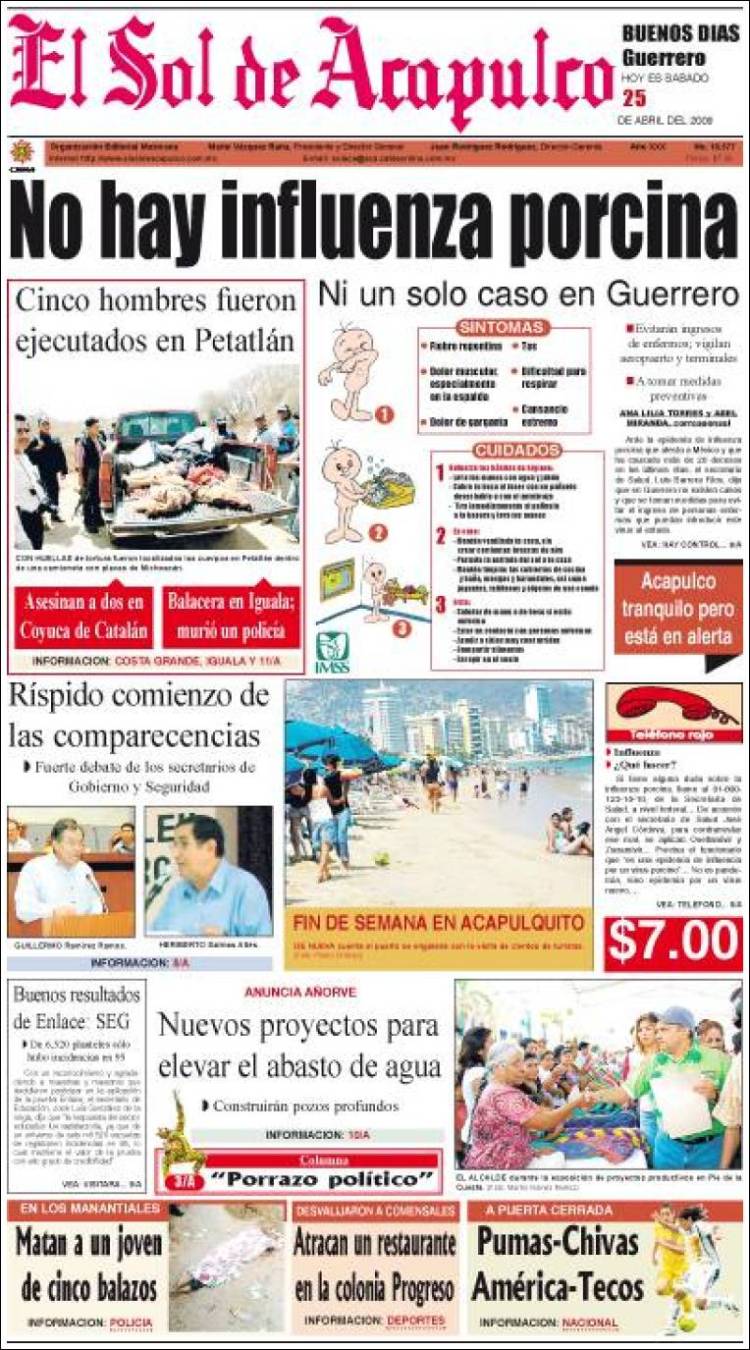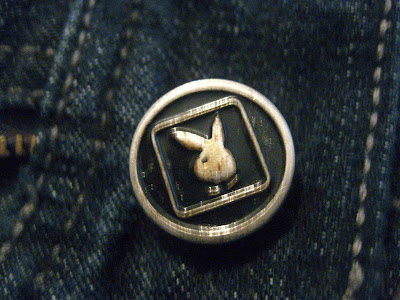Voilá! He aqui la última columna que escribí bajo el título de Border Jumper (cuya idea no fue mía nombrarle así). Me quedé bastante satisfecho con casi todos los temas tocados y mini-ensayos resultantes de esta colaboración entre Queerty.com y yo. Gracias a todos por haber leído:
It was one of my first days at the Universidad Autónoma de Guerrero, in Acapulco. Standing in front of level 300 English with around 40 students, they began to shoot me questions regarding my thoughts on ACapulco; where had I been, where had I gone out, what had I seen. It just so happens that I had already acquainted myself with the gay scene visiting a few bars and clubs the prior weekend. Deciding to be a jokester, un estudiante asked if I had gone to Demas before turning to his group of friends and cracking up--sólo faltaba chocarles los cinco. "Actually, yeah I did," I shot back in a very nonchalant manner. The student's demeanor immediately turned from jovial to serious as another asked, surprised, "Wait. Did you really?"
As we all know coming out is a process, and not a single event. I guess in a heteronormative society, it's to be expected. Before traveling to Acapulco, I promised myself that I would continue my coming-out philosophy of reacting in all situations as a straight person would. Imagine this exchange:
Acapulco Taxi Driver: "...and what do you think about the boys from Acapulco."
Heterosexual gringo: "I will begin my response by negating the false presupposition of my sexuality behind your question."
Okay, perhaps that's not an authentic hypothetical response, but you get the message: if someone assumes I’m straight, there’s no reason for me not to casually correct them. Of course at times my nerves or overthinking impede me from fulfilling this goal 100% of the time, but it is something I strive for. Nonetheless, because I was going to be teaching at a school in Acapulco, in a different country and culture, I made sure to speak with my supervisor about the issue. "You mean you're just going to randomly tell the students you're gay?" she questioned. After further explanation she concluded it would be a non-issue...and it was.
Although the topic never really presented itself in the classroom, other than the example above, it definitely did outside of class, usually initiated with a question about my “girlfriend” back home, or what I thought about acapulqueña girls. I guess the “news” traveled fast because, soon thereafter, one of the secretaries in the department, with whom I shared a workspace, approached me one day very concerned. To sum up her comentario she told me to be careful because Mexico was diferente de los Estados Unidos, and in essence being gay wasn’t as accepted. However, based on my experiences I had somewhat of a different perspective.
While living in Guadalajara a couple years ago, the San Francisco of Mexico, I remember having a heated argument with a roommate, an older man in his mid-50's, who believed being gay went against nature. "There are cases of homosexuality in animals," I contended visibly upset. "Right, so gay people are like animals," he responded chuckling it up with another roommate, which infuriated me even more. The following morning I was prepared to give him the silent treatment until he offered me some of his daily banana-chocolate licuado as a sign of peace. I gladly accepted.
That’s not the only example of contradictory machismo. On numerous occasions while being taxied around Acapulco, my main source of transportation, the conversation would inevitably lead again to Acapulqueñas, their beauty, and at times the size of their mammary glands. According to my policy, I didn’t just “play along” with this male-bonding ritual but honestly expressed my sexuality. No taxista ever gave a negative response (to my face), and some exhibited a curiosity about the topic that made even me feel a bit awkward. I told the secretary at the school about these experiences, but nonetheless she insisted.
She said that straight teachers would never share or mention their personal lives, or anything related, with a student. It could have helped my argument if I would have known that I would later attend a school pool-party where one teacher decided to sport a tank top with “Squeeze me” written in the front in English. Aside from the double-standard, my philosophy is based on integrity; fighting that feeling that tells you to hide who you are.
My last anecdote I’ll write about is of another student, who confided in me enough to come out of the closet to me early on in the year. So comfortable indeed that he approached me to ask if I was activo or pasivo, because he and his friends "couldn't tell." Of course this is where I had to draw the line.



.jpg)







